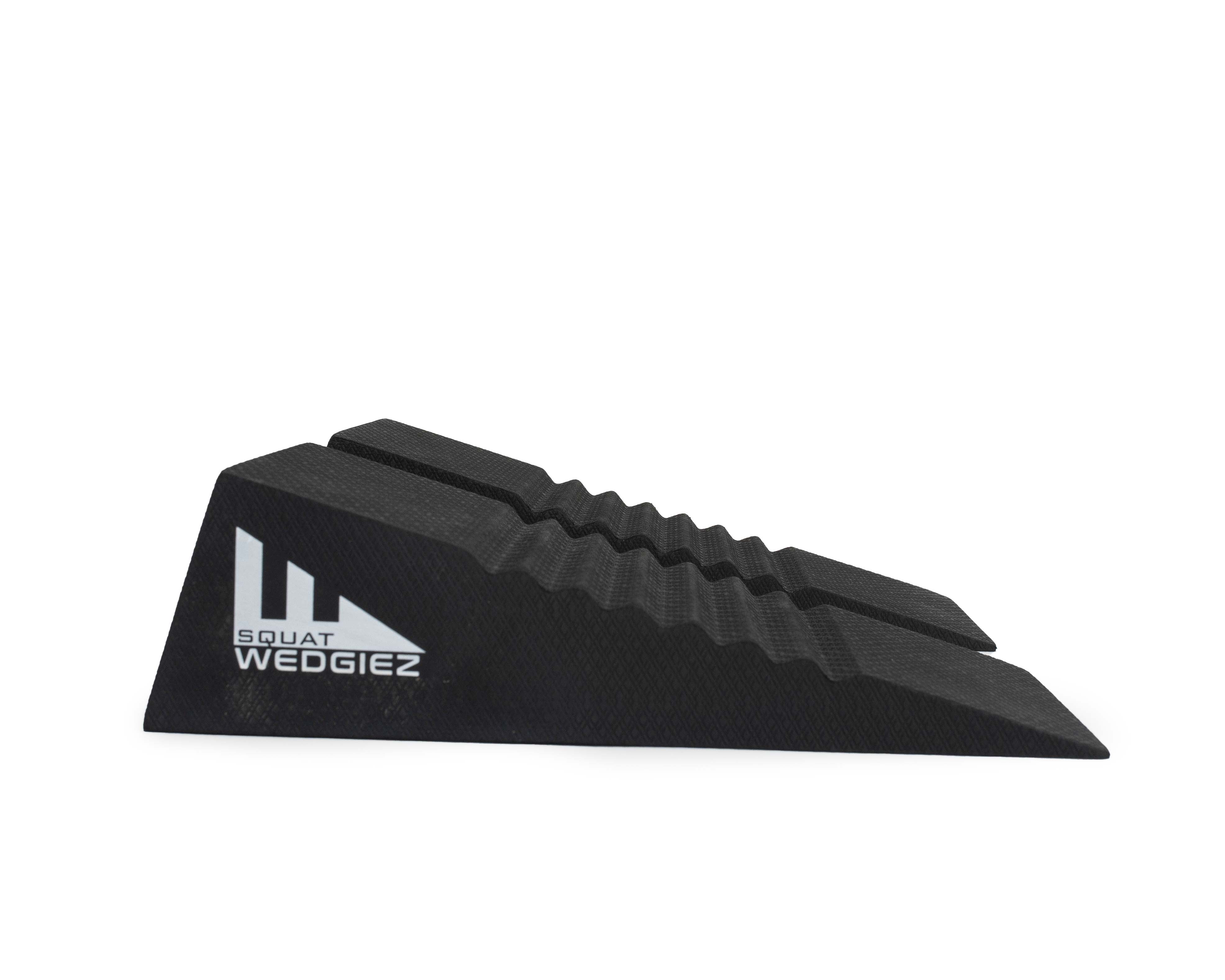Are you ready to discover the incredible connection between protein, knee health, and muscle building?
While we often hear about the importance of protein for muscle growth, its role in maintaining healthy knees is equally fascinating.
Today’s blog will explore the incredible benefits of consuming enough protein for knee health and achieving your muscle-building goals.
Protein has long been hailed as the superhero of the macronutrient world when it comes to weight and fat loss.
But what many people don't realize is that it plays a crucial role in preserving knee health and facilitating muscle development.

Fueling the Knee Engine
Our knees, those incredible hinge joints, bear the brunt of our daily activities, from walking and running to climbing stairs.
They must be well-maintained to keep us moving smoothly, especially as we age.
Protein helps form and repair tendons, ligaments, and muscles around the knee. This support structure is crucial for knee stability and functionality.
Collagen, the most abundant protein in your body, forms the connective tissue in your knees.
This tissue acts as a cushion, preventing bones from rubbing against each other.
A protein-rich diet helps maintain this collagen’s integrity, ensuring your knees remain healthy and pain-free.
Muscle acts as a protective layer around the knee joint. The ratio of muscle protein synthesis (building muscle) to muscle protein breakdown is pivotal here.
When muscle protein breakdown outweighs muscle protein synthesis, it can lead to muscle loss and potentially jeopardize your knee's stability.
This is where resistance training and adequate protein intake come into play. Regular resistance training strengthens the muscles surrounding the knee, reducing the risk of injury.
Weight Management Is Key
Furthermore, studies have shown that a diet rich in protein can decrease hunger, and this reduction in appetite can be a game-changer in weight loss and knee health (1).
Excess weight can stress the knees, leading to wear and tear. So, maintaining a healthy weight is essential for your knees' well-being.
How Much Protein Is Enough?
Finding optimal protein intake is essential if you're on a mission to build lean muscle and preserve your knee health.
Current research suggests that around 0.75 grams of protein per pound of your body weight is more than enough to support muscle growth (2).
Everyone is unique, so what works best for you might be slightly different.
To determine your ideal protein intake, multiply your body weight by 0.62 or .75 grams, and voilà, you have your personalized target!
For example, a 175-pound person would need between 108 to 131 grams of protein daily.
But how do you know how much protein is in your foods?
Initially, using tools like Myfitnesspal and a food scale can help you get a precise grasp of your protein intake.
After a bit of practice, you can estimate the protein content in your meals. It doesn't need to be perfect; ballpark estimates work just fine.
For a nifty trick, consider your own hand as a measure of protein servings.
On average, your palm is roughly equivalent to one serving of protein, which is approximately 20-25 grams.

Men may aim for 2-3 palm-sized servings of protein per meal, while women can start with 1-2.
However, it's important to remember that your weight primarily determines your protein intake.
For example, if you weigh 175 pounds, you'll want to aim for 5-6 palm-sized servings of protein each day, while a 130-pound individual can target 3-4 servings.
To ensure your knees and muscles receive the protein they need, spread your protein intake throughout the day with 2-4 meals.
Each meal should ideally contain 1-3 palm-sized servings of protein.
This balanced approach keeps your protein intake consistent and supports your muscles and knees.
Choosing the Right Protein Sources
When it comes to protein sources, not all are created equal. To support knee health and muscle building, lean animal proteins like bison, venison, chicken, turkey, and whitefish are excellent choices.
Even when indulging in beef, opt for leaner ratios like 93/7 or 90/10. These options ensure you get the protein you need without unnecessary fat calories.
Fat isn't inherently bad, but it can make it easier to exceed your calorie limit.
For a healthier and more sustainable choice, consider humanely raised and grass-fed proteins.
Research has revealed that grass-fed animals have less fat and a higher antioxidant profile compared to their corn-fed counterparts (3).
To get you started on your protein journey, here's a list of protein sources you can explore:
- Ground Bison 90/10
- Whole Grains
- Chicken Breasts
- Ground Turkey 99% fat free
- Wild Cod
- Pasture Raised Eggs

In Conclusion
As we've uncovered in this exploration, the connection between protein, knee health, and muscle building is nothing short of remarkable.
Protein isn't just for bodybuilders and athletes; it's for anyone looking to maintain a vibrant, active lifestyle while safeguarding their knees from unnecessary stress.
By finding your ideal protein intake and selecting the right protein sources, you can embark on a journey towards better knee health and a stronger, healthier you.
Citations
- Wycherley TP, Moran LJ, Clifton PM, Noakes M, Brinkworth GD. Effects of energy-restricted high-protein, low-fat compared with standard-protein, low-fat diets: a meta-analysis of randomized controlled trials. Am J Clin Nutr. 2012 Dec;96(6):1281-98. doi: 10.3945/ajcn.112.044321. Epub 2012 Oct 24. PMID: 23097268.
- Morton RW, Murphy KT, McKellar SR, Schoenfeld BJ, Henselmans M, Helms E, Aragon AA, Devries MC, Banfield L, Krieger JW, Phillips SM. A systematic review, meta-analysis and meta-regression of the effect of protein supplementation on resistance training-induced gains in muscle mass and strength in healthy adults. Br J Sports Med. 2018 Mar;52(6):376-384. doi: 10.1136/bjsports-2017-097608. Epub 2017 Jul 11. Erratum in: Br J Sports Med. 2020 Oct;54(19):e7. PMID: 28698222; PMCID: PMC5867436.
- Daley CA, Abbott A, Doyle PS, Nader GA, Larson S. A review of fatty acid profiles and antioxidant content in grass-fed and grain-fed beef. Nutr J. 2010 Mar 10;9:10. doi: 10.1186/1475-2891-9-10. PMID: 20219103; PMCID: PMC2846864.




Leave a comment
This site is protected by hCaptcha and the hCaptcha Privacy Policy and Terms of Service apply.